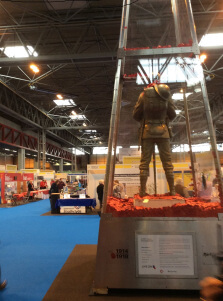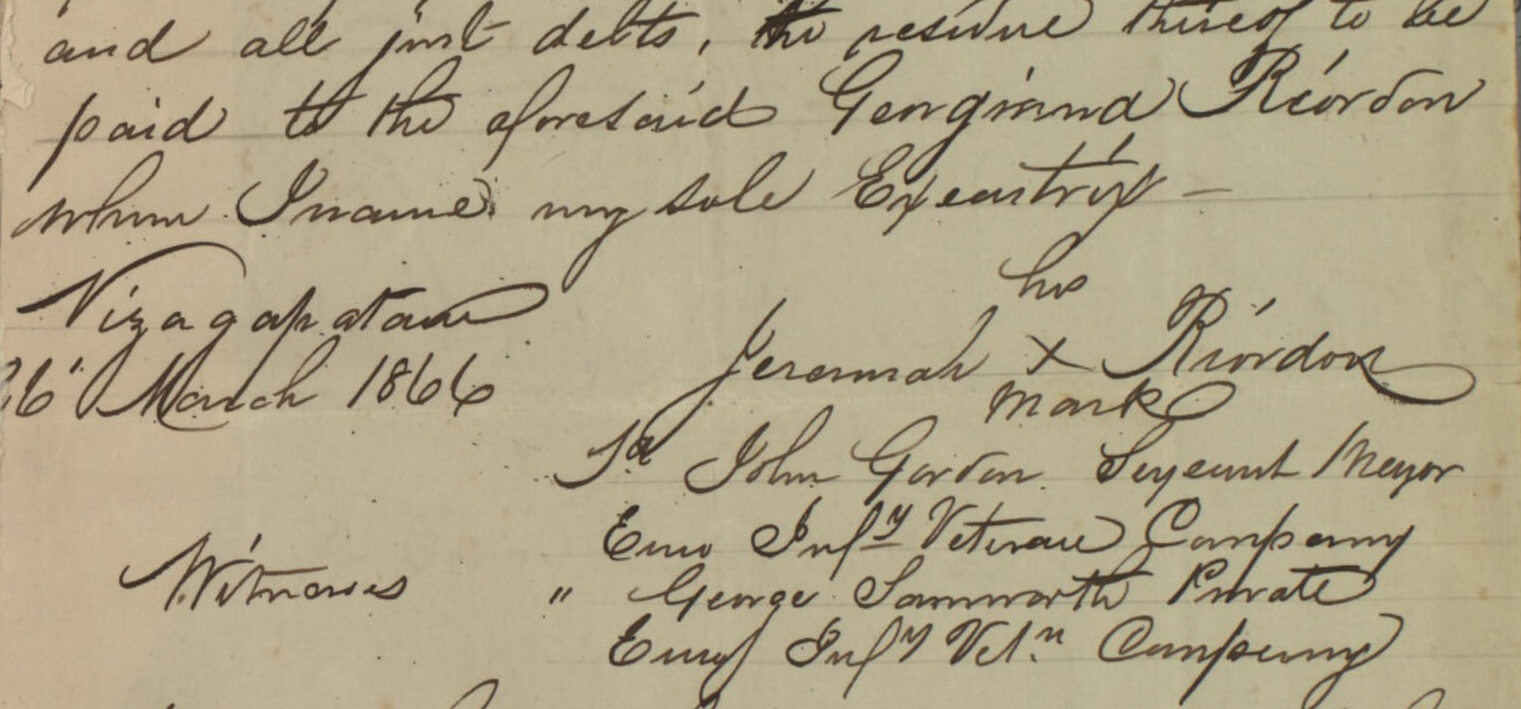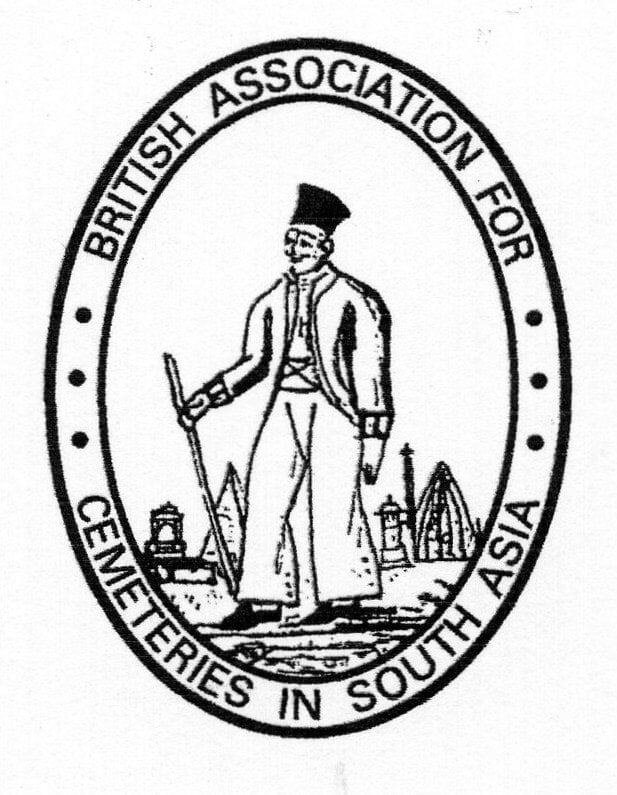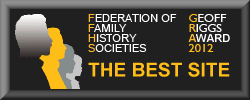
FIBIS Blog
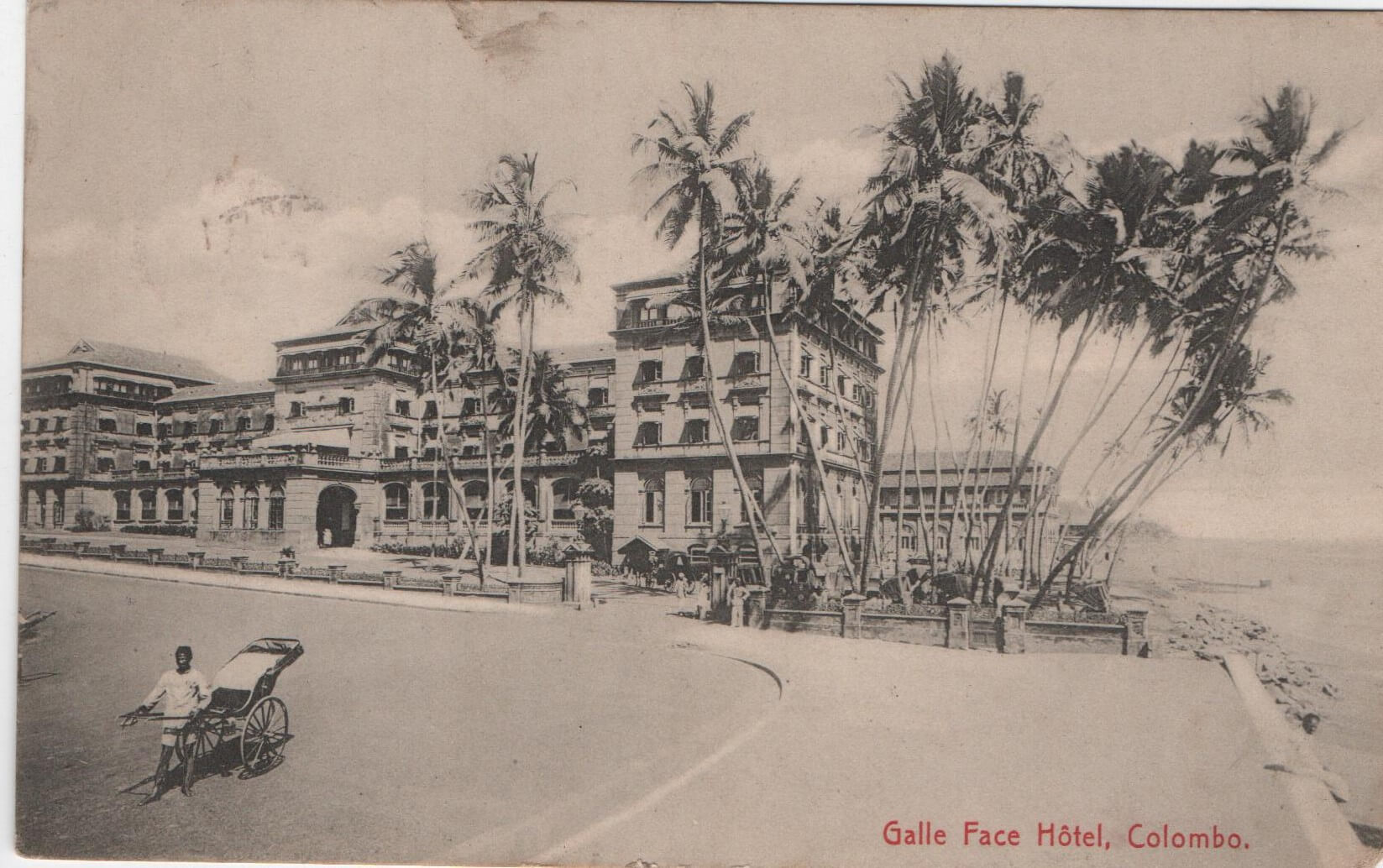
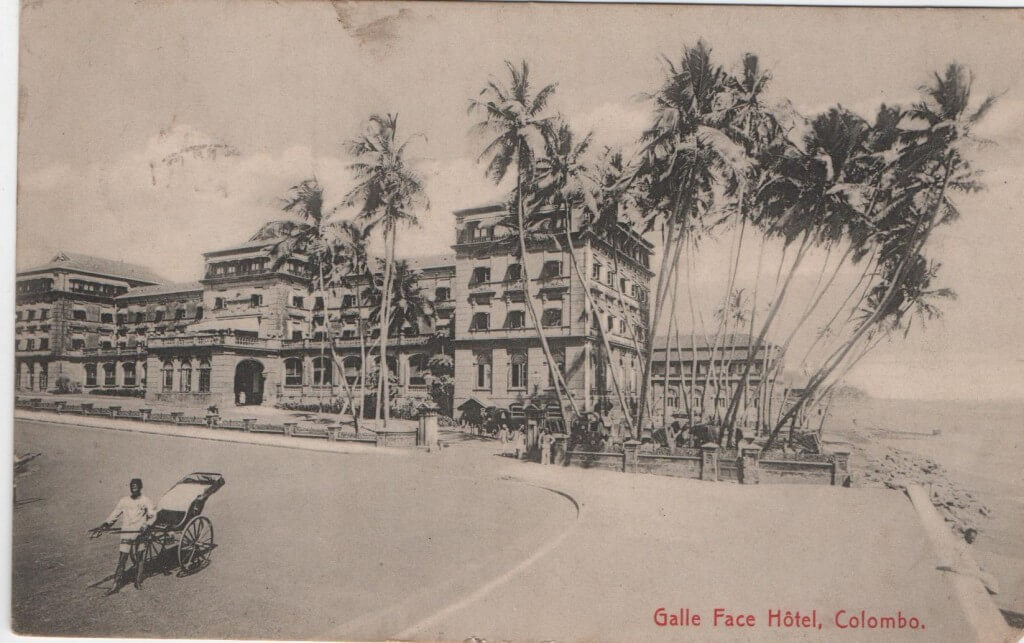
“ I have got a set of china which cost 25 shillings. So will you say if you want it or not?â€
This rather curt sounding message sent from Ceylon (now Sri Lanka) to London in 1910 appealed to my sense of humour. In days when travel to exotic locations was still fairly unusual it seemed curious that the purchase of unseen crockery should be the subject of the postcard and nothing about the sights, weather etc. How should “ Nellie†know whether she wanted the china or not with no internet to transmit the image! The card is not signed – presumably the recipient would know which of her friends/relatives would have been making this unusual journey.
The Recipient
The postcard was sent to Mrs Henty of 162 Railton Road, Herne Hill, London and the 1911 census shows the occupants of that address to have been Thomas Alfred Henty and his wife, Eleanor. Further research shows this couple as having been married in 1907. Thomas was a sorter at the Post Office and one might imagine the card passing through his hands whilst he was at work.
The Postcard
The card shows the Galle Face Hotel, Colombo – which still stands today. It is close to the harbour and this would have been a popular visitor spot as the steamships landed nearby. In fact, the card seems to have been written on SS Woolwich . The stamp is of an older Edward V11 and marked as from Ceylon with a cost of 6 cents.

By 1910 postcards were very popular. They had started out in the early 1870s but, at that stage, messages were almost non existent. This is because only a brief greeting could be added around the image on the front of early cards. The back , which was undivided, was solely for address purposes..
However from around 1890, the back became divided in the way that we know today, and longer messages could be added. This card may have been printed sometime before it was purchased as the back states on the left “ This space may be used for communication†and on the right “ The address only to be written hereâ€. (See image above) Obviously the purpose of the undivided back still needed to be explained!
The Postcard Publisher
The card was one of the many cards produced by the local Ceylon firm Plate and Co. This business was a major photography studio which entered into the commercial world of postcard publishing in the late 1890s as Ceylon became an increasingly popular visitor destination. In fact, Plate & Co soon became the most prolific producer of postcards in Ceylon and by 1907 its output reached half a million a year according to the book “ Twentieth Century Impressions of Ceylon†(pub1907) The firm had a number of branches across the island and still exists today. We are fortunate that many images of other Ceylon postcards by this same publisher- can be enjoyed via the Fibiwiki as part of the ongoing FIBIS postcard project (See link below under Further Reading) .
If you have images of postcards from Ceylon to share – or other information or images to add to the fibiwiki postcard project– please get in touch with me here or via FIBIS research.
Further reading:-
- Fibiwiki article on Plate & Co of Ceylon with links to other postcard images
- “ Paper Jewels , Postcards from the Raj†by Omar Khan – contains an informative chapter on postcards from Ceylon with many beautiful images.
